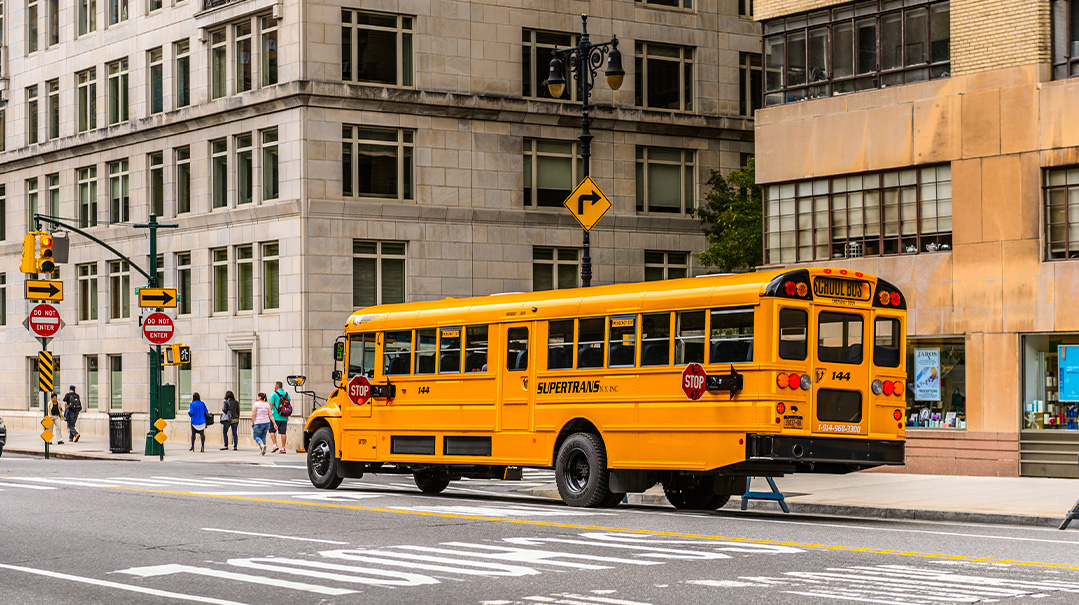Bag Ban: Boon or Bane?

A
vigdor Ehrenfeld hit upon an idea several years ago to better promote his grocery — let the customer do the advertising.
Ehrenfeld, the owner of Parkville Food Center in Midwood, Brooklyn, designed a more expensive plastic shopping bag that is meant to be reused. It’s an alternative take on the old expression that the best advertisement is a satisfied customer.
Now, his concept is threatened by passage of a new law in New York State that totally bans the use of plastic shopping bags. The law, which sailed through both chambers of the legislature last week, and has the support of Gov. Andrew Cuomo, also allows local municipalities to charge a five-cent fee for paper bags.
“I view it as a decree that is unenforceable,” said Ehrenfeld. “I don’t see what people are going to do. I don’t see how you could put two milks and an egg carton in a paper bag.”
A passing customer at Ehrenfeld’s store chimed in with his own view on the plastic bag ban, which has been hotly debated since it was first proposed 15 years ago.
“I don’t mind it,” said Yisroel Schmidt, the president of Schmidt Realty, who lives and works in the area. “It’s all a matter of getting used to something. Once you get used to it, it doesn’t matter. You have your bag and you reuse it.”
Ehrenfeld said he distributes about 1,500 of the thicker reusable bags per week, and 2,500 of the thinner bags.
“I especially ordered the thicker bags because I wanted people to reuse them,” he said. “I wanted them to advertise for me. I told the manufacturer that I want to see men carrying them when they go to mikveh.”
The bag ban, when it goes into effect March 1, 2020, would make New York only the second state to impose a total ban on single-use plastic shopping bags. Environmentalists have long argued that such bags are a hazard since they do not biodegrade, and they end up in the stomachs of animals. There have been multiple reports over the years of whales washing up dead with more than 50 pounds of plastic in their guts.
Shoppers who live in areas where the state will enforce the paper bag fee will either be forced to fork over more money or purchase thicker, reusable cloth bags.
Exceptions to the plastic bag ban include trash bags and plastic coverings used by dry cleaners, along with plastic wrapping used for fruits and vegetables, fresh deli meats, and newspapers. Lower income families who are on the food stamp or WIC programs will be exempt from paying the paper bag fee.
Back in Parkville, Ehrenfeld frets what he’ll tell customers. “People are asking me, ‘What are you going to do?’ It’s meshugeh.”
(Originally featured in Mishpacha, Issue 756)
Oops! We could not locate your form.






